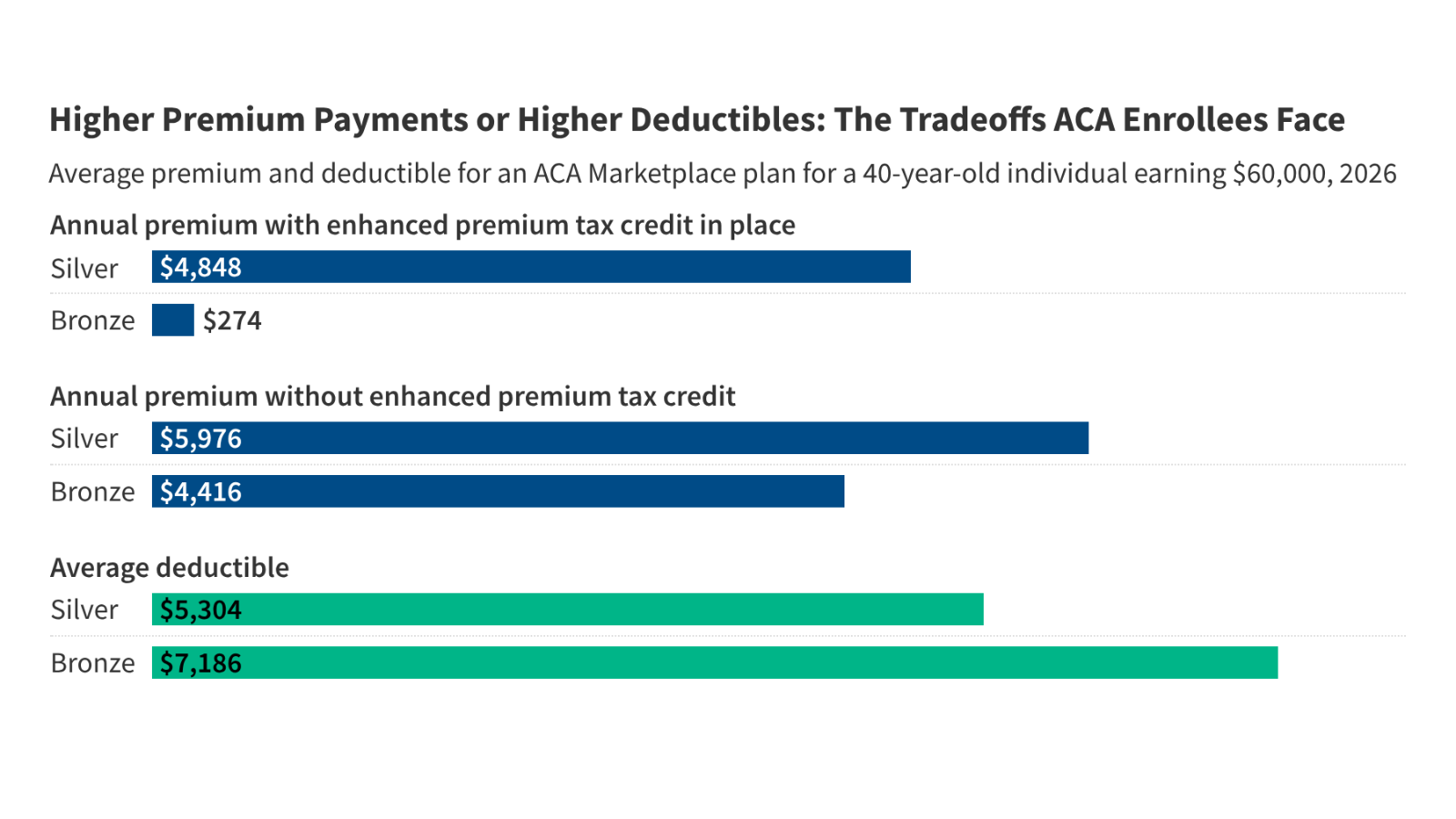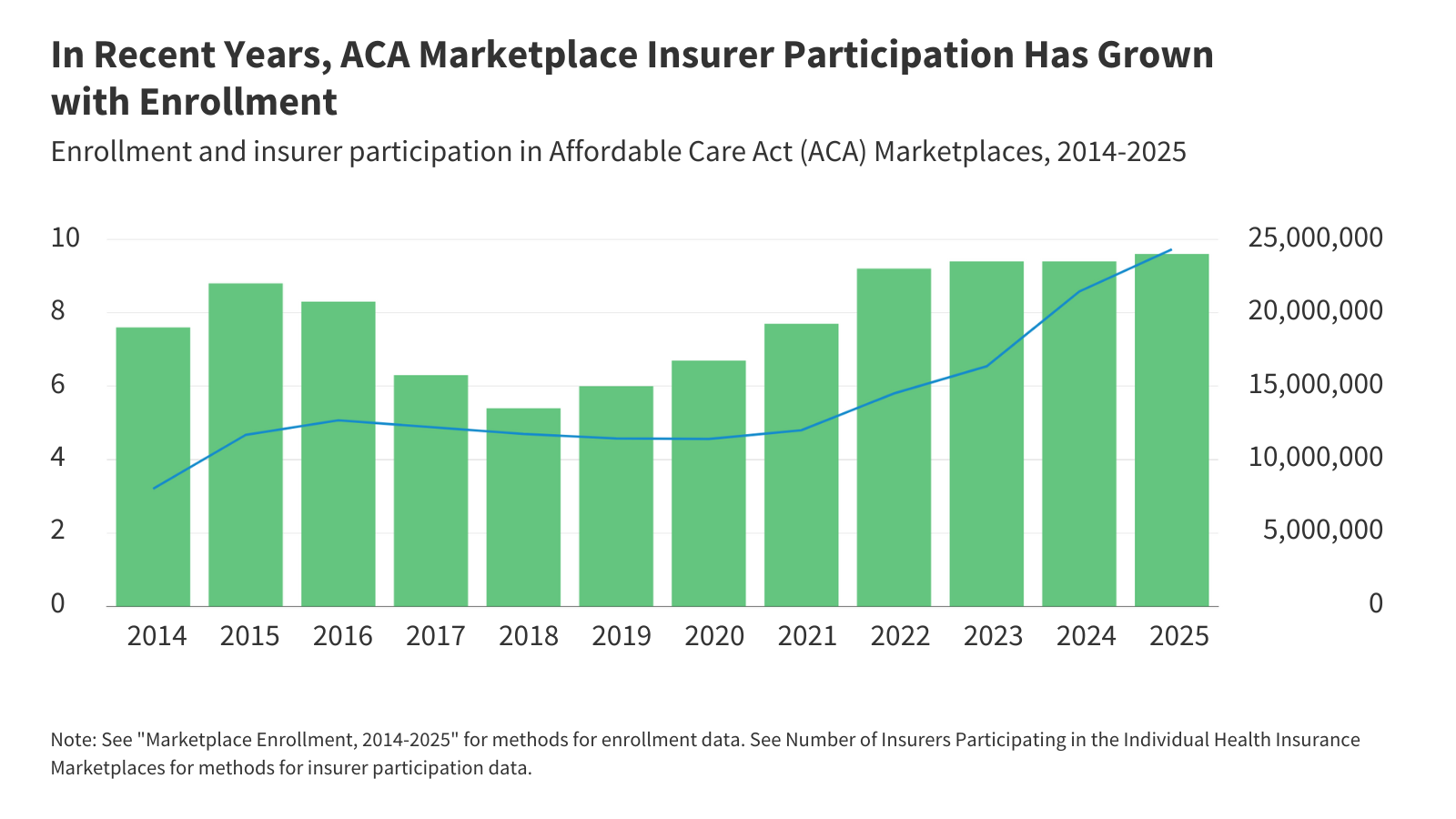The ‘Great Healthcare Plan’ Leaves Open Questions for People with Pre-existing Conditions
President Trump announced a health care framework that leaves open key questions, including those about out-of-pocket costs, premiums, federal spending, and health coverage for people with pre-existing conditions.











